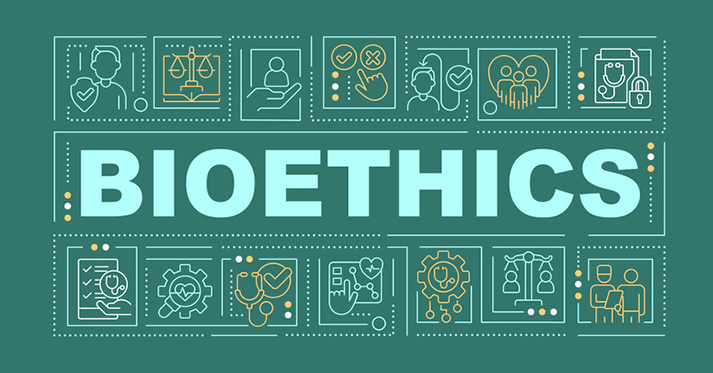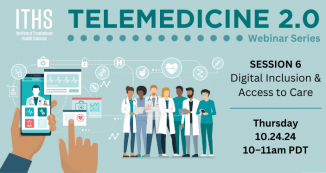29 Oct Collaborative Approach Tackles Challenging Research Bioethics Cases
 Academic medical researchers traditionally relied on institutional review boards (IRBs) to provide guidance on bioethical issues in their studies. However, IRBs typically give guidance only during the pre-study regulatory review, whereas many researchers need advice on ethical challenges encountered while actually conducting the research.
Academic medical researchers traditionally relied on institutional review boards (IRBs) to provide guidance on bioethical issues in their studies. However, IRBs typically give guidance only during the pre-study regulatory review, whereas many researchers need advice on ethical challenges encountered while actually conducting the research.
To address this issue, academic medical research has seen an emergence of ethics consultation services that are designed to complement the work of IRBs. Dr. Benjamin Wilfond, Director of the Treuman Katz Center for Pediatric Bioethics at Seattle Children’s Hospital and Professor and Chief of the Division of Bioethics in the Department of Pediatrics at the University of Washington School of Medicine, has been one of the leaders of this movement. Dr. Wilfond first served as Chair of the Clinical and Translational Science Award Consortium’s Clinical Research Ethics Committee’s Consultation Working Group, and now as founder of the Clinical Research Ethics Consultation (CREC) Collaborative that replaced the Working Group when NIH ceased funding consortium committees in early 2014.
“Research ethics consultations are opportunities to focus on complex problems and look for pragmatic ethical solutions,” shared Dr. Wilfond. “Sometimes more than one approach may be reasonable, and we can look to our colleagues to help us think through the issues. By learning from each other, we can collectively be more helpful to the research communities we serve.”
The CREC Collaborative Dr. Wilfond created is a national network of approximately 40 bioethicists at 30 institutions across the U.S. These bioethicists can seek advice from colleagues when they are contacted by researchers seeking ethical advice on novel issues, as was recently profiled in the Nature article, “The Ethics Squad.” The bioethicists also meet on a monthly basis via teleconference to discuss consultation experiences and challenges, with at least one call per quarter devoted to discussing a research ethics case presented by a Collaborative member who was involved in the consult.
“These retrospective case presentations result in robust conversations where the nuances of the case can really be explored,” explained Ellen Kuwana, Research Ethics Consultation Program Manager at Seattle Children’s.
Dr. Holly Taylor, Core Faculty member of the Johns Hopkins Berman Institute of Bioethics and a Collaborative leader, thought the ethics case presentations would benefit a wider audience than just CREC members and joined Dr. Wilfond in approaching the American Journal of Bioethics to publish some of these cases. The series, “Challenging Cases in Clinical Research Ethics,” was launched in October, 2013. Each publication consists of two case summaries, each accompanied by three commentaries, with commentaries solicited from the Collaborative’s members. Published cases have addressed topics such as social media in health care research, obligations to report statutory sexual abuse disclosed in a study, and the ethics of disclosing the availability of off-label marketed drugs to research subjects.
The consultation review and publications work of the CREC Collaborative is supported by the Institute of Translational Health Sciences, which also offers clinical research ethics consultations to researchers in the five-state WWAMI region. The ITHS clinical research ethics consultation service typically receives one to two consultation requests from researchers each month. The team also periodically receives requests from research participants and their families, pharmaceutical companies, and researchers in other disciplines such as social work or law who have questions about study design or other research-related questions.
“The ITHS has been very supportive of this innovative collaborative program, which allows us to impact researchers and research studies across the U.S.,” concluded Dr. Wilfond.
To learn more about the bioethics consultations available through ITHS or the Collaborative, please visit the ITHS website or contact the ITHS Research Navigator.







